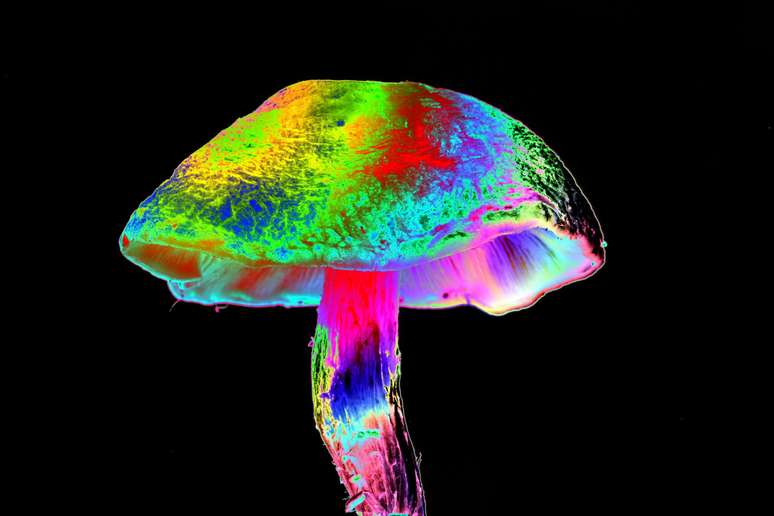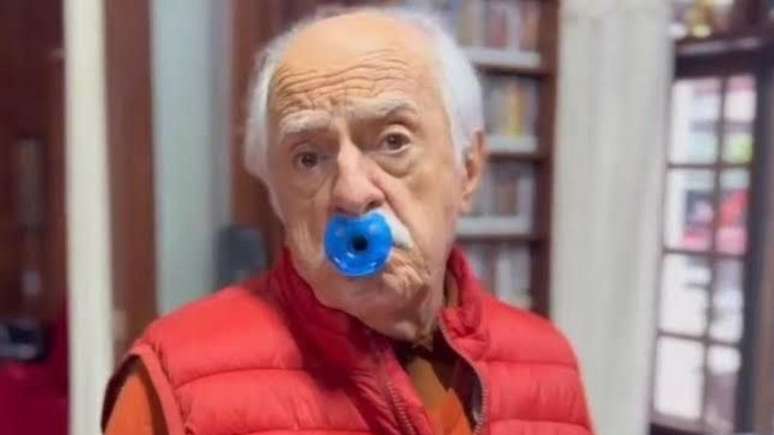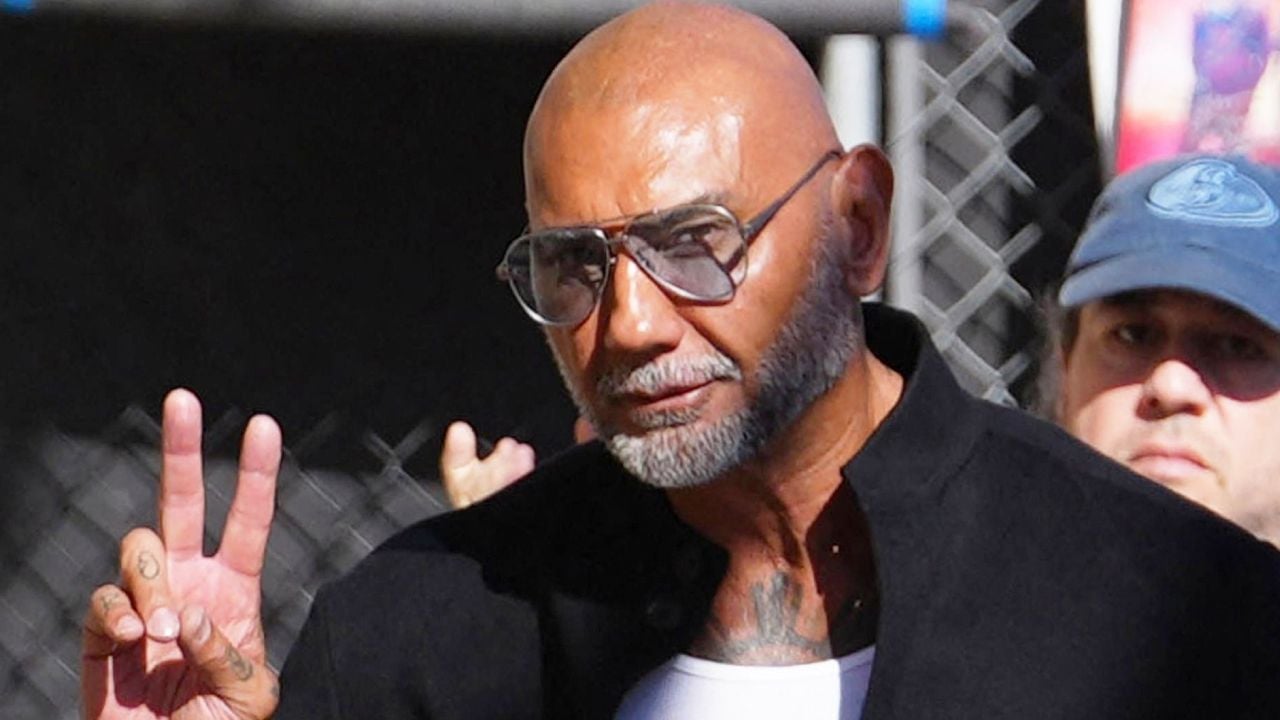The changes go into effect on Saturday, making it the first country to classify psychedelics as a medicine nationwide. But health organizations call for caution.
html[data-range=”xlarge”] figure image img.img-8739695895c8b410f111bc530284f7acwa6bran3 { width: 774px; height: 516px; }HTML[data-range=”large”] figure image img.img-8739695895c8b410f111bc530284f7acwa6bran3 { width: 548px; height: 365px; }HTML[data-range=”small”] figure image img.img-8739695895c8b410f111bc530284f7acwa6bran3, html[data-range=”medium”] figure image img.img-8739695895c8b410f111bc530284f7acwa6bran3 { width: 564px; height: 376px; }
Earlier this year, researchers were stunned when Australia’s traditionally conservative drug regulatory agency approved the use of psychedelics to aid in therapy sessions.
The ruling allows the use of psilocybin, found in magic mushrooms, to treat drug-resistant depression.
It also makes possible the use of MDMA, known as ecstasy in pill form, for the treatment of post-traumatic stress disorder (PTSD).
The changes go into effect this Saturday (1/7), making Australia the first country to classify psychedelics as a medicine nationwide.
While initial access to medicines is limited and expensive, many experts and patients alike view the current moment as historic.
But major health organizations are also urging caution.
‘shining again’
Marjane Beaugeois was diagnosed with severe depression in 2017. “In two months, I lost my mother, my grandmother, my beloved dog and my romantic relationship,” she recalls.
He was unable to eat, shower or leave his house in Melbourne, Australia. And she says her prescribed antidepressants have left her “like a zombie, unable to cry or calm down or feel better.”
“I went to bed praying I wouldn’t wake up,” says the 49-year-old.
When her search for alternative therapies led her to a psilocybin clinic in Amsterdam, the Netherlands, she hesitated.
“I have no history of drug or alcohol use. As an addiction counselor, I’ve always been very against it,” he says.
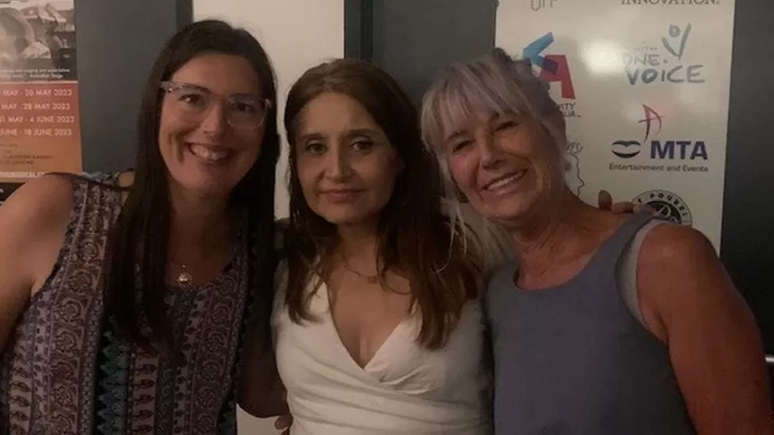
But she was also desperate to escape her drug-resistant depression, so in 2018 she applied.
Psilocybin was taken in tea. “The colors became more vivid. I felt strongly reconnected to the world; warm and fuzzy. I get emotional just talking about it… It was a huge and beautiful experience of unconditional love.”
Three sessions later, she felt healed. “I could smile, feel joy, go about my daily routine with clarity,” she says. “When I got home, friends said they saw my eyes shine again.”
Microdosing
When Glen Boyes suggested microdosing psychedelics to treat his crippling depression, his therapist was skeptical.
“He explained that it wasn’t something he did, but that he couldn’t stop me and would do brain scans to monitor my progress,” she says.
The 33-year-old war veteran says he began suffering from ‘persistent PTSD’ since his time in the military, during Sydney’s Covid-19 lockdowns.
But after 10 weeks of microdosing and therapy sessions, the red areas on initial brain scans that showed the blockages disappeared. “My brain fog evaporated. I could think clearly again.”
Since no other country has reclassified these substances for clinical use nationwide before Australia, the pool of people who have tried psychedelic therapy is small.
Professor David Nutt, head of neuropsychopharmacology at Imperial College UK, congratulated Australia for ‘leading the world in this vital therapeutic innovation’.
Psychedelic researcher and psychiatrist Ben Sessa described the endorsement as groundbreaking. “This is where the global psychedelic spotlight shines now,” he told the BBC.
Sessa has resigned from her job leading the UK’s leading psychedelic clinical organization and will spend the next 18 months traveling to Australia to deliver a tailored psychedelic prescribing training programme.
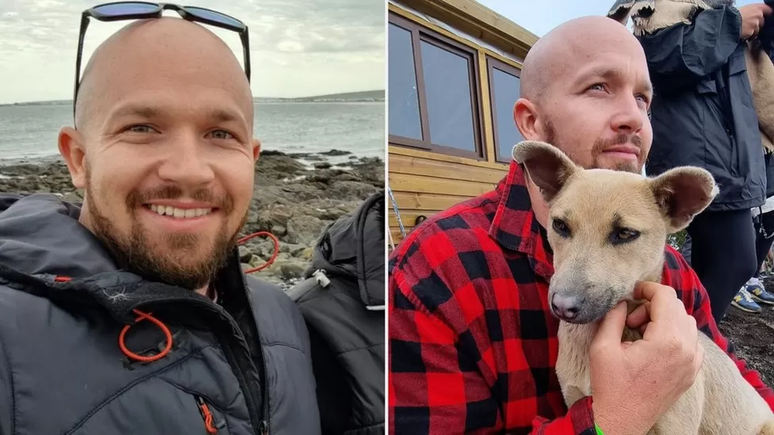
Other countries have explored compassionate-use psychedelics (they’re called special programs created to make experimental substances available to patients), including Switzerland, Canada, and Israel.
In these countries, regulatory agencies have made decisions similar to those in Australia, albeit not at a national level. Psychedelic clinics also operate legally in places like Jamaica and Costa Rica.
But how Australia distributes clinical prescriptions for both drugs, and at what price, will be closely monitored.
First developed as an appetite suppressant in 1912, ecstasy was used in therapy sessions in the United States until the mid-1970s, when it was banned. It entered Australia in the 1980s as a party drug due to its reported energy, empathy and pleasure-enhancing effects, and was criminalized in 1987.
In the 2000s, however, research slowly picked up, with recent studies finding that both MDMA and psilocybin can rapidly improve symptoms of severe depression, although little is known about how they do so.
Mind Medicine Australia (MMA), a charity that has lobbied for psychedelic treatments, is helping train health professionals tasked with procuring and prescribing the drugs.
To become a licensed prescriber, psychiatrists must apply to an ethics committee and Australia’s medicines regulatory body, the Therapeutic Goods Administration (TGA). They will then need to obtain and supply MDMA and psilocybin.
When all expenses are factored in – including the drugs themselves, supervising multidisciplinary teams, psychiatric sessions and hiring a private clinic – costs can reach A$30,000 (about A$96,000) per treatment, according to a specialist. in psychedelics.
Because of their prohibitive price, Stephen Bright, a senior lecturer at Edith Cowan University, says he doubts these treatments “will be widely available” in the first 12 to 18 months.
Philanthropist Peter Hunt, president of the MMA, disputes these estimates, saying patients should expect to pay between A$10,000 (£10,000) for two sessions of psilocybin-assisted therapy and A$15,000 (£10,000) for two sessions of psilocybin-assisted therapy. for three MDMA-assisted sessions. “We funded the treatments with a mental health clinic,” he says.
But with no planned government subsidies, five-figure treatments are expected to remain out of reach for most patients.
“It’s not a miracle cure”
Australia’s leading medical and mental health bodies are among the loudest voices against psychedelic treatments.
“There is considerable caution from the scientific and medical community,” says Kristen Morely, a professor of addiction medicine at the University of Sydney.
According to the MMA, the “weight of claims from thousands of Australians whose current mental health treatments aren’t working” has helped gain regulatory approval over time.
But the Australian Medical Association and the Royal Australian and New Zealand College of Psychiatrists (RANZCP) have expressed serious concerns.
Both groups have called for large-scale trials and better research into psychedelic treatments, warning of unknown risks, long-term side effects and “potentially very limited benefits” from their use in therapy.
“Psychedelic-assisted therapy may offer hope to a small number of people where other treatments have failed. But it’s not a miracle cure,” warns Professor Richard Harvey, who chairs the RANZCP’s Psychedelic-Assisted Therapy Steering Group .
He calls for a “cautious, thoughtful, and informed” approach, given the “potential for psychedelics to cause fear, panic, and further trauma.”
“Vulnerable people can understandably be distressed if their experience doesn’t match expectations of this therapy,” she says.
Nor is it clear, he argues, whether the results of psychedelic treatments come more from the substances themselves or from psychotherapy.
“Simply put, psychedelic-assisted therapy is in its infancy. There’s more we need to know.”
Source: Terra
Ben Stock is a lifestyle journalist and author at Gossipify. He writes about topics such as health, wellness, travel, food and home decor. He provides practical advice and inspiration to improve well-being, keeps readers up to date with latest lifestyle news and trends, known for his engaging writing style, in-depth analysis and unique perspectives.

